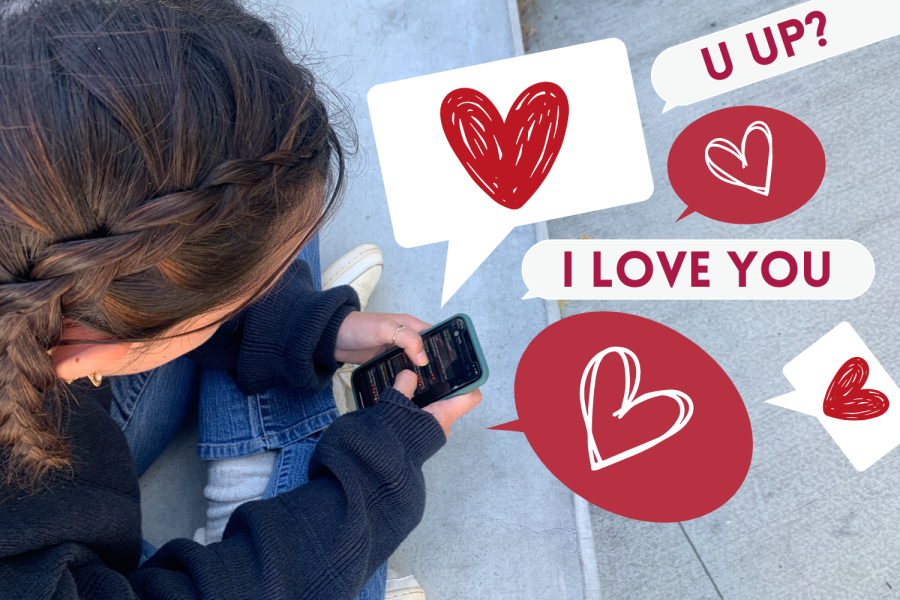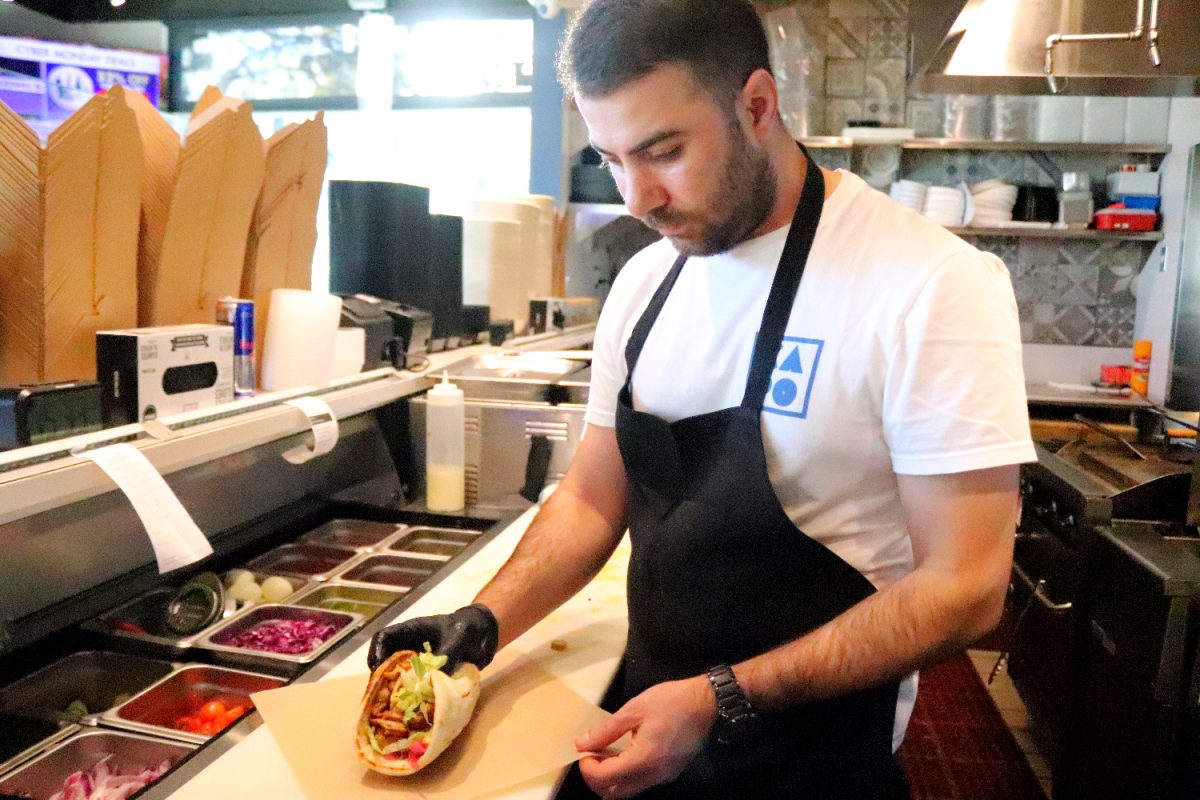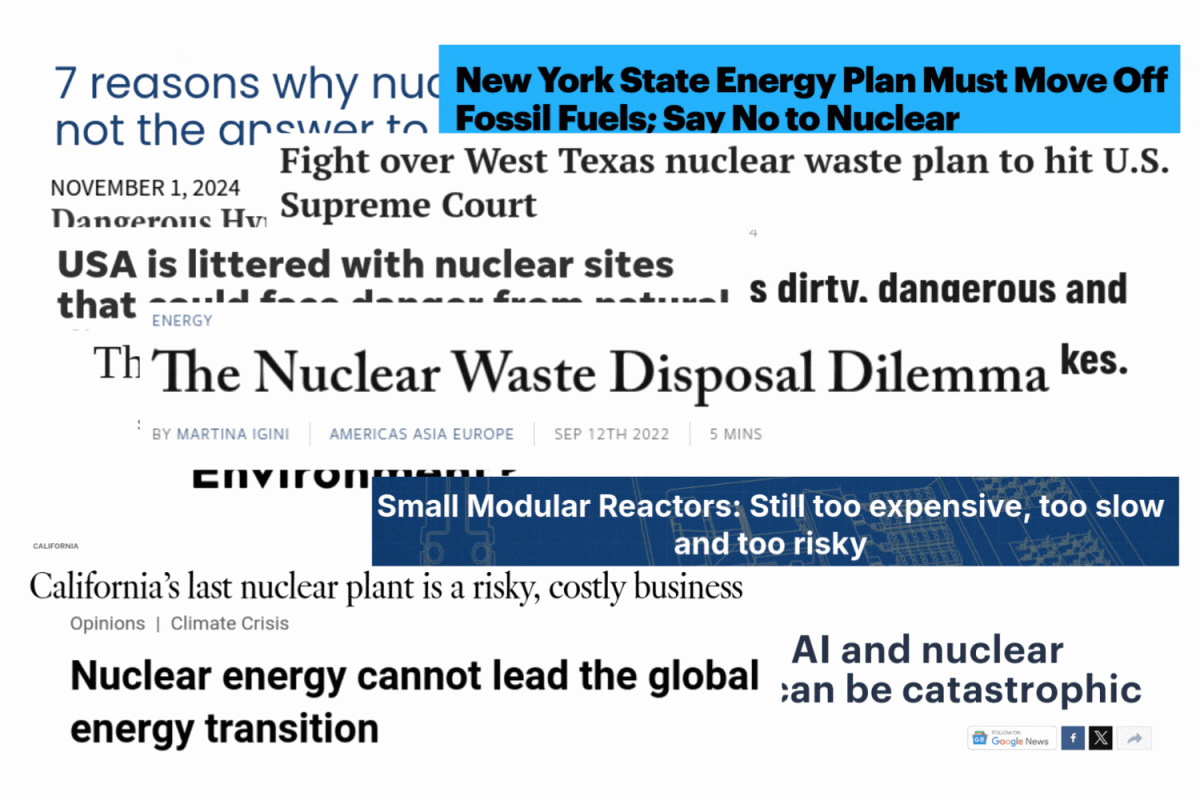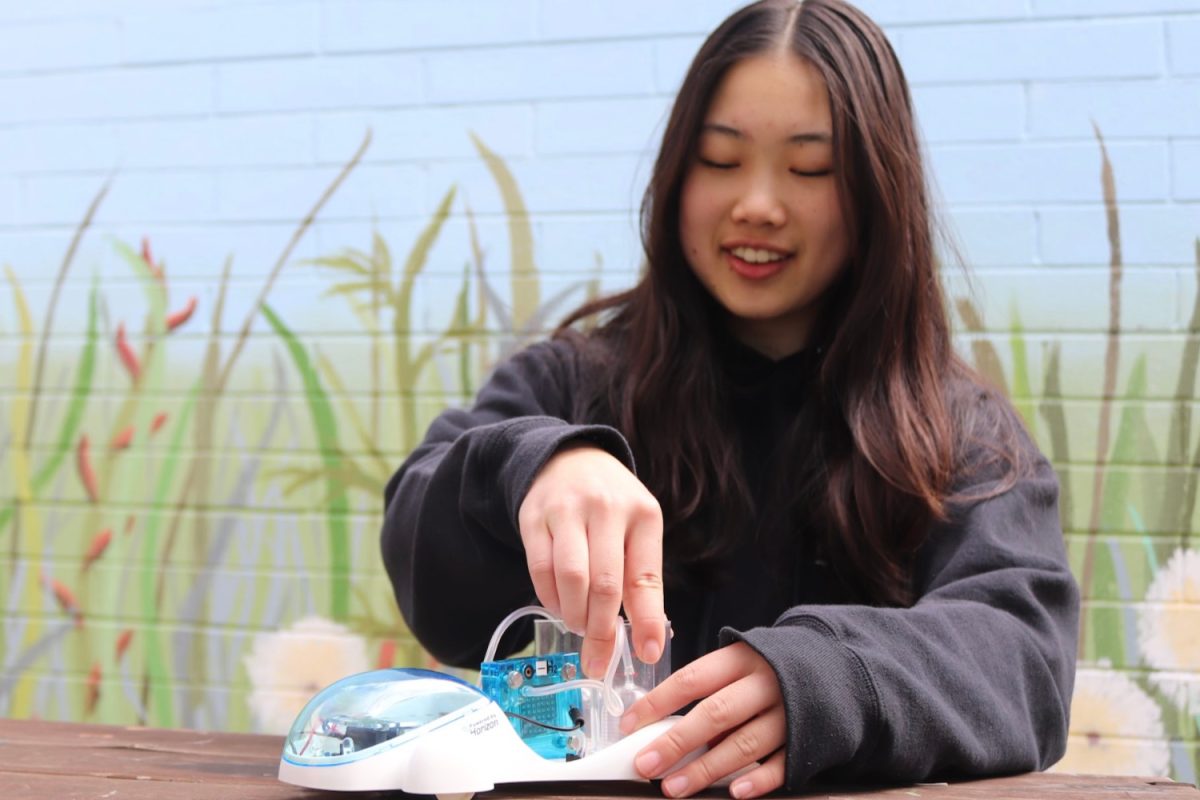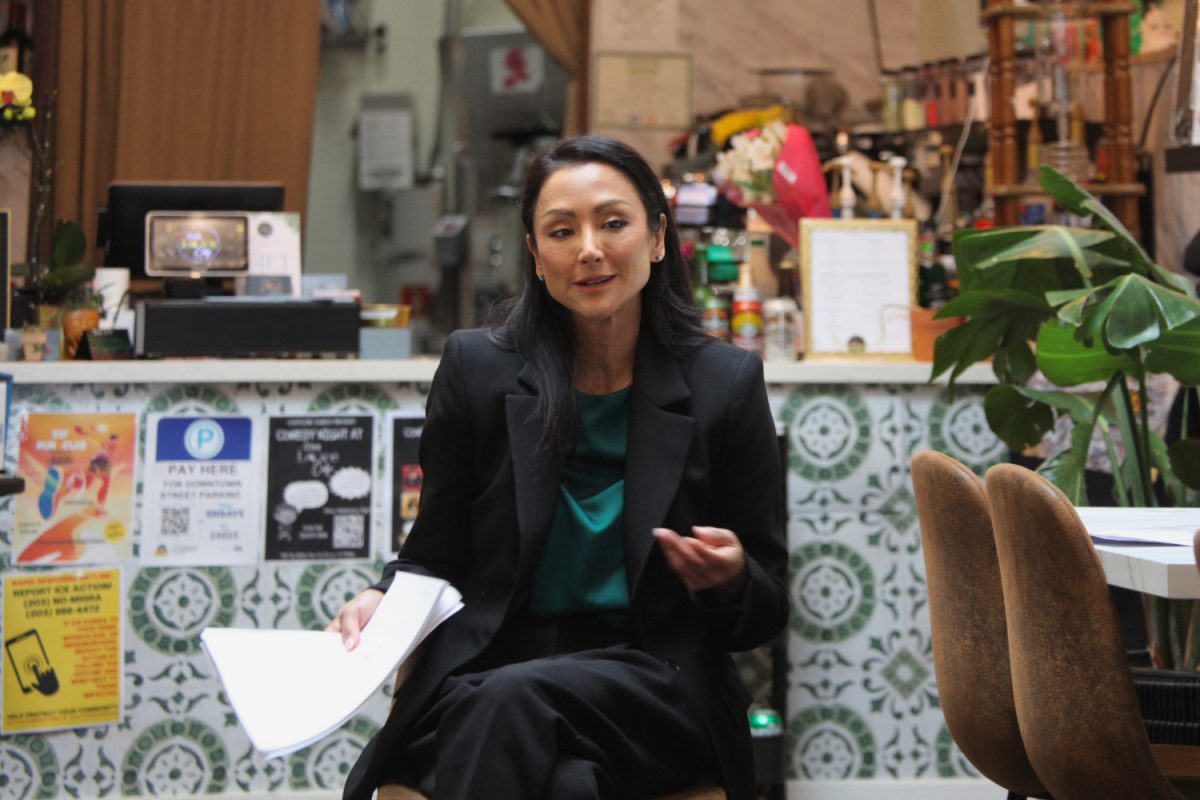All you need is love.
For decades this sentiment has been spread globally, but relationships have become more complicated in the age of technology and social media. Gone are the days of candlelight dinners and drive-in movies. They have been replaced with text messages and swiping on profiles.
With the rise of social media, Gen Z’s standards are placing more importance on appearance.
“My girlfriend and I instantly were attracted to one another. The first words I ever said to her were, ‘Wow, you are really attractive!’ A few days later, we exchanged information, and they asked me out that night,” said Carlmont junior Isabella Ingrao.
Social media has become the primary source of communication for most teens at the start of relationships. This is for a myriad of reasons. In the case of Gen Z, the COVID-19 pandemic. As Gen Z was entering some of their earliest romantic relationships, they were confined to relying on technology to communicate. Even now that the pandemic is not as oppressive, the habits stand strong.
“I feel like the norm is mostly for people to ask for their snaps or phone numbers and talk through there. From there, they usually hang out, and someone will then ask someone out in the end,” said Carlmont senior Winston Singh.
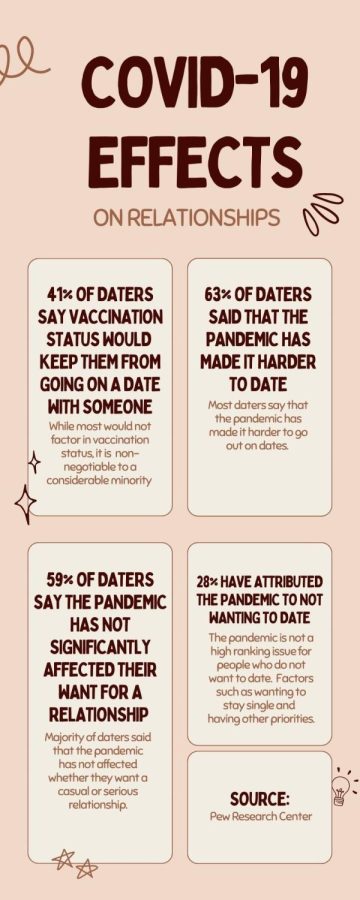
Though so many people meet on social media, different values are at the forefront of people’s minds.
“Taking into play social media and recognizing that a lot of people meet and connect through these apps, it’s important to realize that online, all that people take away from your profile is pretty much your looks and appearances,” said college student Isabella Wilson. “With people that only have your profile to go on, it can dictate any interaction they decide to have with you, solely because all they had to base you off was how you presented yourself on social media.”
As quickly as people can meet people and initiate relationships through social media, such relationships can end just as quickly.
“Some of the most common issues facing teen couples today are social media posts that upset their partner or using social media to make partner or ex’s jealous and caring too much what others think and seeking approval on social media,” said Shelley Bustamante, Carlmont’s Students Offering Support (S.O.S) coordinator and crisis counselor.
Although dating methods have changed, the traditional relationship values of trust and communication are still prevalent. In some situations, more so than ever. An Instagram post or text is insignificant to some, but it can be very telling to teenagers.
“I know people who have multiple partners, so the reason they can’t post is the risk of ending relationships,” Ingrao said.
Even without cheating, social media has left Gen Z focused on what you can find out about someone initially.
“I feel that for teens in modern dating, it’s more about their looks and people tend to ignore other people’s red flags,” Singh said.
This is one significant difference between adults and teens. A Pew Research Center study showed that adults have more difficulty accepting substantial differences. The study found that 47% of people would break off a relationship if they found out their significant other had voted for Donald Trump in the 2016 presidential election, and 26% would if their significant other had voted for Hillary Clinton.
Teenagers do not necessarily care less about very divisive issues, but relationships at a young age tend to be more casual and thus political differences may not be a focal point of conversations.
“Honestly, right now, at least from what I know and have seen/heard, it looks like more people tend to want something more casual,” Wilson said. “I know for me, there’s definitely a sense of discomfort in settling down and devoting so much of my emotional well-being to someone else at such a young age, so I could assume that others may feel a similar way.”
Casual or not, Generation Z has found its way to going into relationships differently than generations before.
“I think about the saying ‘relationships either end in death or heartbreak’ a lot. I think it’s a very pessimistic opinion,” Ingrao said. “It’s certainly possible for two mature teenagers to end a relationship and remain on good terms. I hope my friends and I continue to be in happy and healthy relationships with our partners.”


